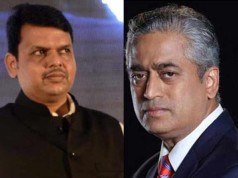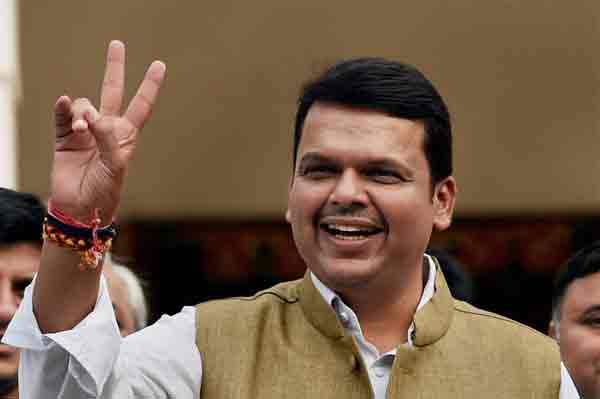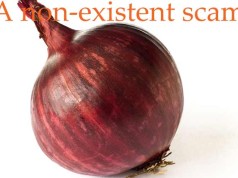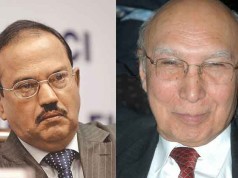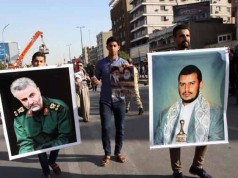Subsidies are an unquantified amount given to unidentifiable section of people. Through subsidies a government does not cut down the rates or the cost. It maintains the existing rates and tariffs.
It only uses the tax payers’ money to subsidize a section. The more you subsidize the more you will have to eventually raise the taxes.
Through subsidization a government thinks of the short term gains. It leaves a debt for tomorrow.
A subsidy may prove counter productive for the more vulnerable sections. Take the illustration of the scheme to subsidize water for those consuming less than 20 kilo litre of water through a metered system.
Subsidies make the health of the supply organizations vulnerable. The real challenge is that those outside the water supply system must be connected to it.
Laying down pipelines in every locality, installation of taps in every house can only be provided by a healthy board and not a financially vulnerable DJB.
The water subsidy has completely ignored the weakest section of Delhi. The poorest of the Delhi have been kept out of the water subsidy scheme.
Localities without a pipeline, households without a tap, households without a meter, households with defective meters are not entitled to any subsidy.
Households in the NDMC area, particularly of those lesser paid employees, households in Delhi Cantonment area have all been kept out of the water subsidy.
This subsidy ignores the weakest and includes a small layer of people with metered consumption.
Delhi has about 18 lakh water connections. Of these 8.5 lakh have functional meters. About 5 lakh meters are non-functional or defective. The rest are un-metered.
A very large number of jhuggis in Delhi have no water connection and are not covered by the free water scheme. They are reliant only on tankers.
A very large number of unauthorized colonies have no pipelines and are yet to be covered by laying of water pipelines. There are no individual house connections and hence they are outside the purview of the free water scheme.
Many of the cooperative housing societies have bulk connections. Individual flats are not metered. They too cannot obtain free water.
Some of Delhi’s middle class whose connections are metered and who keep their consumption below 20 Kilo litres i.e. 666 litres per day alone are entitled to the free water scheme.
Those whose consumption exceeds the 20 kilo litres mark would be charged for the entire consumption with a hike of 10% in tariff.
Delhi thus gets divided into four categories. The first is those who have no taps or pipeline connections. They are outside the scheme.
Those with defective or no meters would also be outside the scheme and paying for water. It is only those with functional meters and consuming below 20 kilo litres per month who get the benefit.
The others with functional meters who consume above 20 kilo litres would pay 10% extra. The scope of the benefit has narrowed down to just some of the households falling in one of the above four categories.
And this category is not the most vulnerable section.
The article is written by senior BJP leader Arun Jaitley in his blog. Views expressed by the author are personal. PollUpdates is not responsible for its content in any manner.


